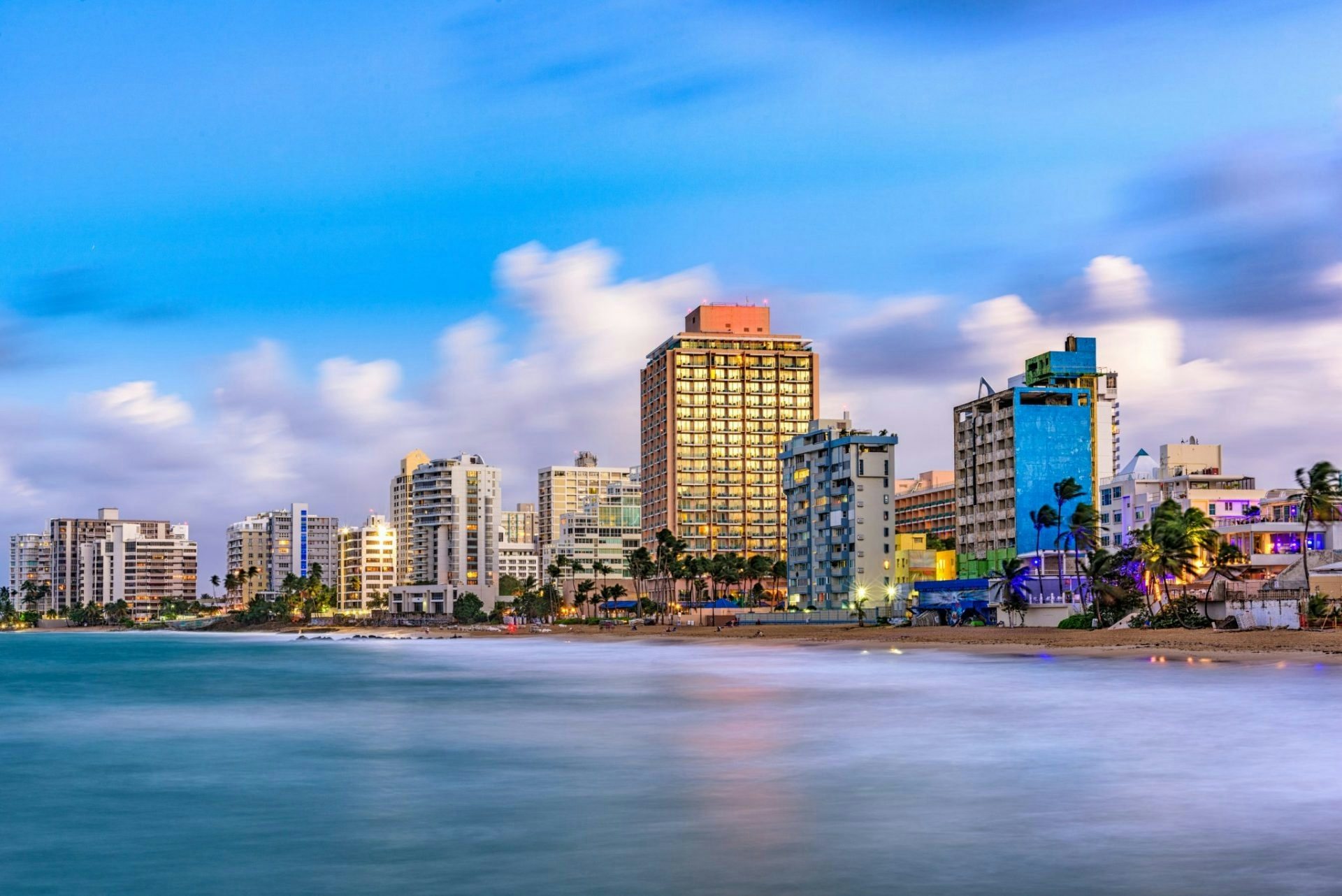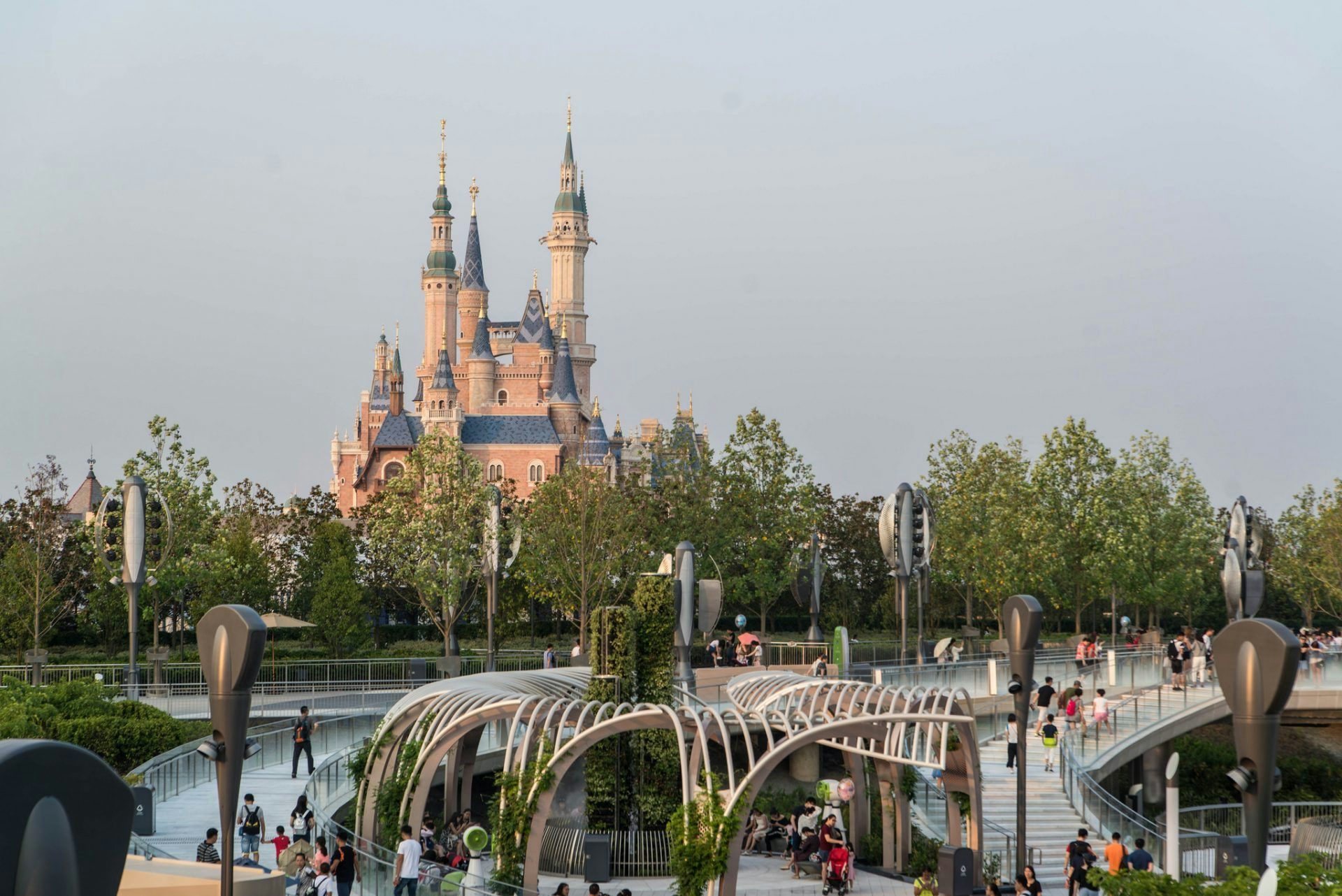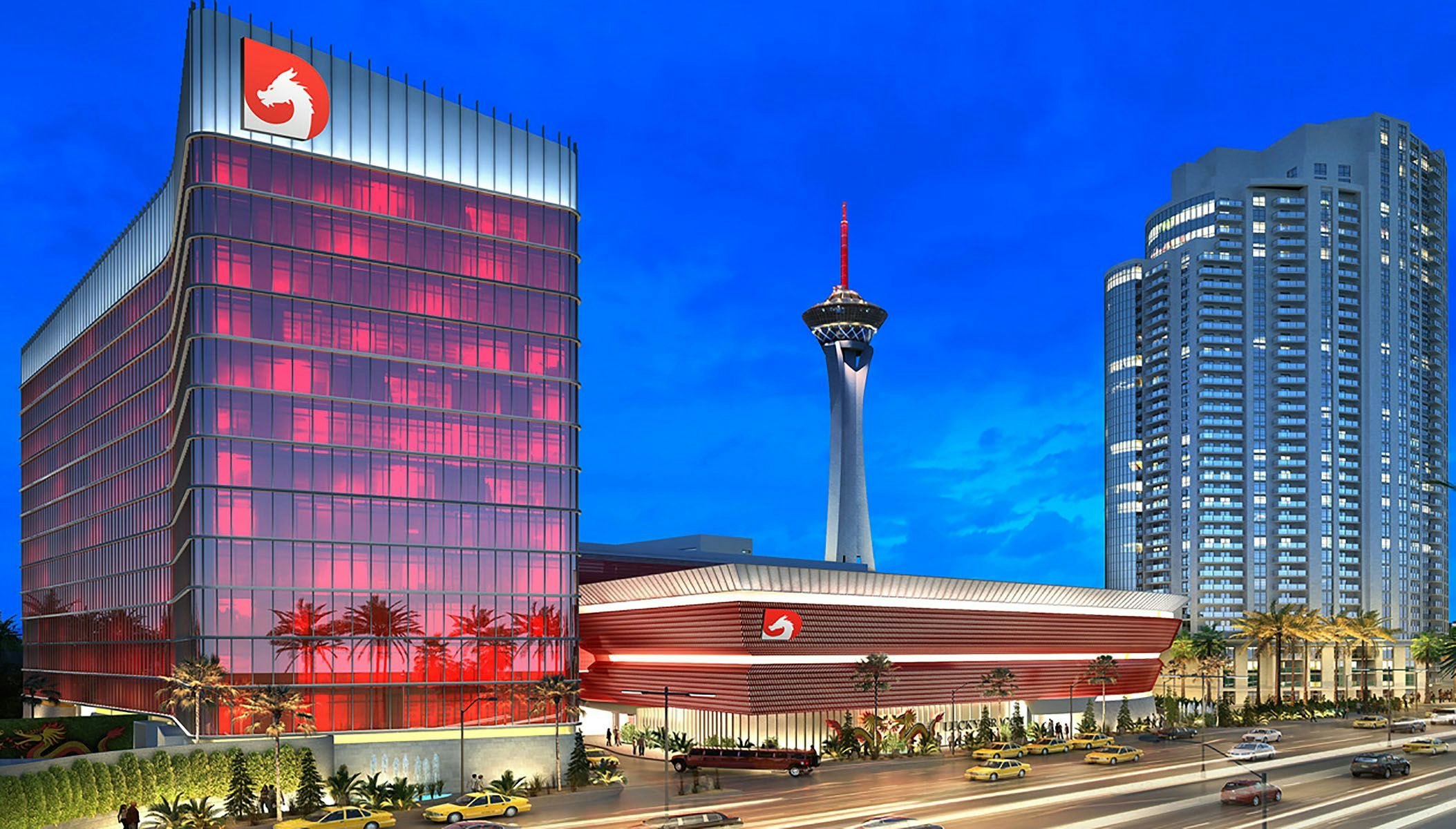A Chinese legal firm has gathered potential investors and hopes to invest 200 million in Puerto Rico to create a “China themed” resort in Arecibo, Puerto Rico. Instead of banking on local culinary or cultural attractions, the proposed resort will instead feature Chinese styled buildings and attractions with Chinese cuisine.
On paper, this may appear to be a sound plan with little risk for the ailing Puerto Rican economy or its government. However, it is reminiscent of Puerto Rico’s economic strategies for past decades. The island territory was almost wholly dependent on outside capital, through bonds or investment, to promote economic growth and job security.
The last twelve years have been challenging for Puerto Rico, which has been experiencing a severe economic depression. To make matters worse, the removal tax loopholes, which allowed the Puerto Rican government to attract investment and raise funds to cover budget shortfalls, are effectively all gone and the U.S. territory is now 70 billion in debt.
Without the ability to cover budget shortfalls with municipal bond debt through so-called “triple tax exempt bonds,” which were exempt from federal, state, and local taxes, Puerto Rico is hoping that Chinese investors can help build infrastructure, industrial plants, and tourism facilities that could help Puerto Rico increase government revenue. Effectively, the government of Puerto Rico has lost all ability to raise capital for this kind of investment itself.
An influx of high-income Chinese tourists could help boost government revenue, especially considering that the territory has a relatively high sales tax at 11.5 percent. Nonetheless, the difficulty of acquiring a U.S. visa and the substantial cost and transit time in traveling to Puerto Rico from China will likely dissuade all but the most wealthy Chinese visitors.
Moreover, Chinese tourists traveling to the Caribbean or resorts in the Pacific tend to look for more authentic experiences than what they can find on tropical islands or destinations within China's periphery. It is unclear why a China-themed resort in Puerto Rico would prove more attractive than visiting one of the countless such resorts in Hainan and countries bordering China. In short, it seems unlikely that in the short-term Puerto Rico will draw many Chinese tourists.
Of course, Puerto Rico’s status as a U.S. territory may make it a more attractive destination for Chinese investors looking to get a legal foothold in the U.S.
Other Caribbean islands have been able to attract significant Chinese investment and travel through the combination of lax visa restrictions or outright visa exemption for Chinese visitors and favorable investment regulations. Puerto Rico, as a U.S. territory, does not have similar autonomy in determining these kinds of regulations. This is especially true concerning foreign investment.
It is unclear how Puerto Rico will compete with other Caribbean destinations for tourism or investment or even with the U.S. mainland. While Puerto Rico may have very favorable regulations in terms capital gains tax exemption or tax credits, firms in Puerto Rico also have to contend with the relative isolation of Puerto Rico and lack highly trained workers.
Nonetheless, Puerto Rico has been able to attract some investment in its tourist industry, but this has done little to alleviate its current financial crisis. There are already significant subsidies and tax incentives for the building of tourist infrastructure, like hotels, resorts, time-shares, and amusement parks.
Puerto Rico also has substantially more lax gambling regulations as compared to most U.S. states, which could eventually become a draw for Chinese visitors looking for both a tropical resort and gaming opportunities.
The proposed project will be entirely funded by private investors, but the Puerto Rican government has made it clear that it intends to facilitate the construction and operation of the resort to its fullest ability. The commonwealth government had already hosted over 150 Chinese investors in March in the hopes of attracting investment. Puerto Rican officials will also be traveling to China in September. However, any major investment in Puerto Rico will still have to contend with both U.S. and Chinese law.
This is made more difficult by the current crackdown on outbound Chinese investment by the Chinese central government. Moreover, Sino-American diplomatic tensions may result in a restriction of Chinese investment in the U.S. There are concerns that a U.S probe into Chinese business practices may result in a “trade war.”


